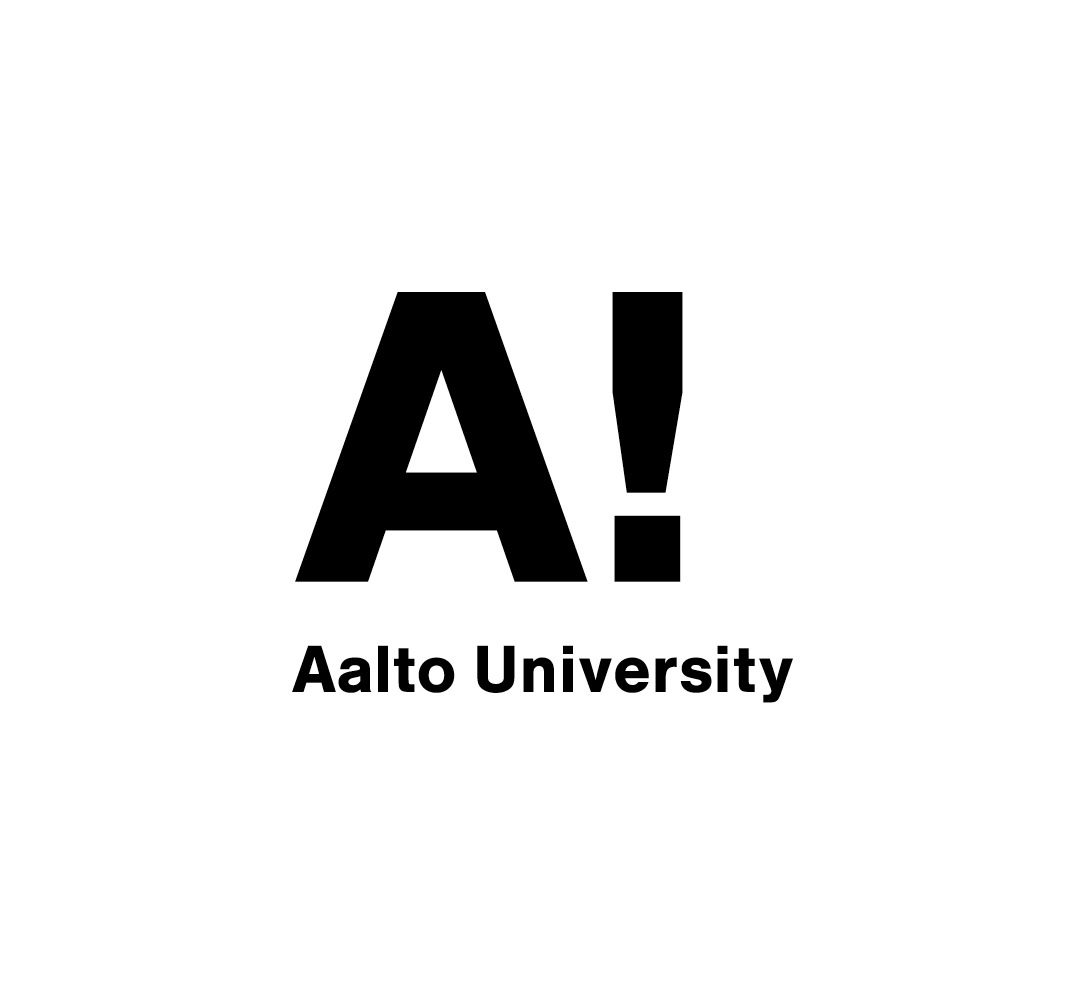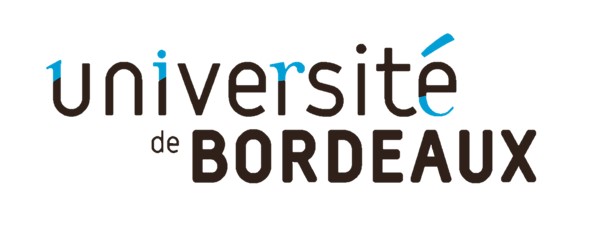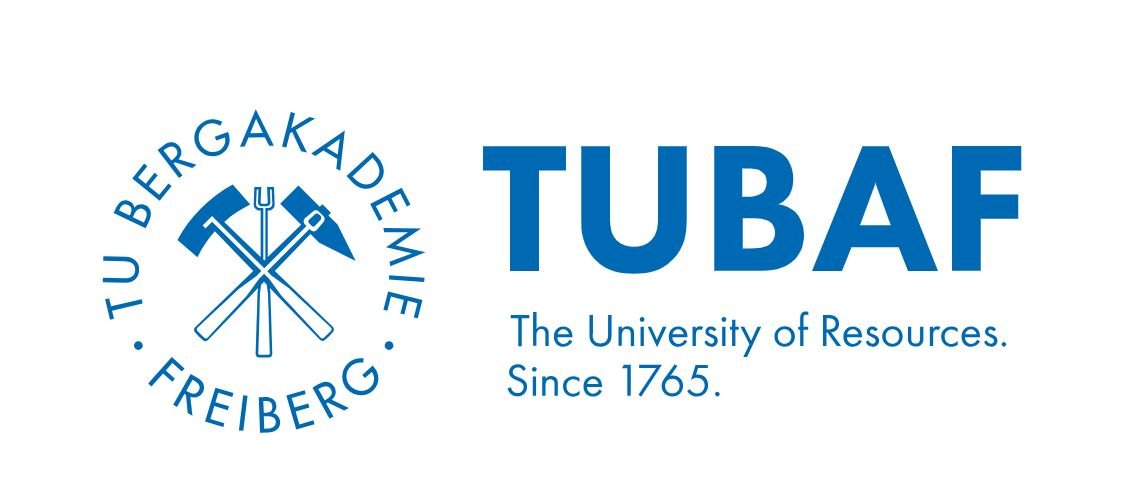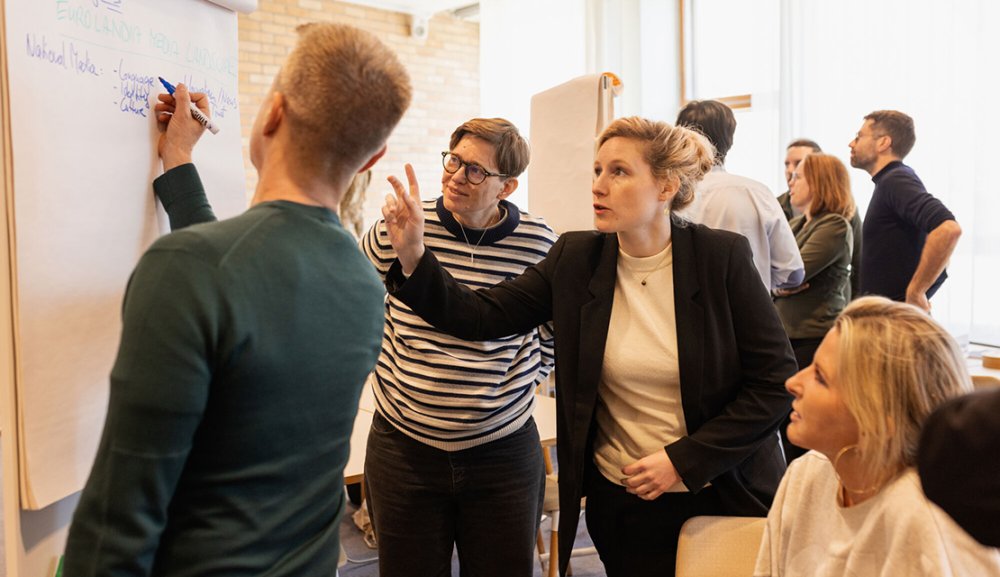Enrollment
By August 26, 2025
Delivery mode
Live online
September 16 - October 1, 2025
Frequency
Location
Live Online
Language
English
Scope
3 ECTS
Sustainable Process Industry with Process Model-Based LCA
The European Union’s ambitious environmental goals, including climate neutrality by 2050, rely heavily on the process industry, which is essential for supplying raw materials to various manufacturing sectors.
The process industry spans a wide range of energy-intensive sectors such as chemicals, metallurgy, steel, minerals, cement, ceramics, engineering, pulp and paper, refining, and water. In addition, it plays a critical role in recycling, as processes originally designed for primary raw materials can also be adapted for waste recycling from manufacturing products.
The Sustainable Process Industry with Process Model-Based LCA program is part of a more comprehensive Certificate in Advanced LCA Simulation program. It is designed to help product designers gain the foundational knowledge and tools needed to assess and optimize the environmental performance of products, particularly batteries, without sacrificing functional quality.
Participants are introduced to key concepts in lifecycle assessment (LCA) and process modeling using HSC software, covering topics such as HSC Chemistry, Metallurgical and Chemical Technology, and the basic principles of HSC with an emphasis on simple calculation modules. This program demonstrates how to create HSC process models and how to link them to openLCA software and ecoinvent databases. The demonstration uses high-temperature chemistry case studies. The same methods can also be applied to link low-temperature chemical and mineral processing process models to the environmental footprint calculations.
The unique advantage of the "Process Model Based LCA" procedure is that it allows the assessment of LCA metrics even before the plant or process exists. This approach offers a significant advantage by enabling the optimization of LCA indicators already in the early stages of innovation and before costly laboratory and pilot-scale work begins. Traditional LCA estimations are based on input and output data from existing plants.
Start
Fee: € 1,350 (+ VAT)
Participants may choose to complete this program as a standalone or join the comprehensive Certificate in Advanced LCA Simulation that this program is a part of.
This program has adopted Aalto EE's new Customer ID, and it is delivered on Aalto Learning Experience Alex e-learning environment. Before ordering, please visit aaltoee.fi/customerid.
Learning Outcomes
After the completion of this program, you will
- understand the fundamental benefits of process model-based life cycle analysis (LCA)
- recognize the connections between HSC Chemistry®, OpenLCA, and ecoinvent
- gain foundational insights into flowsheet simulation models based on elemental distributions (pyro etc.), chemical reactions (hydro etc.) and particles (mineral processing etc.)
- learn how to link process models to life cycle analysis calculations
For
The program is suitable for people with an educational background in chemistry, metallurgy, mineral processing, process modeling, or sustainability technology.
We recommend that participants have prior experience in chemistry, metallurgy, mineral processing, modeling, or LCA.
This program is particularly relevant for
- Process engineers
- Process designers
- Technology marketing experts
- Environmental protection experts and
- Experts who work in process plants, technology companies, power plants, pulp and paper industry
- Authorities
Program Structure
This study module consists of live online sessions covering a range of key topics. The sessions will feature demonstrations of model development, testing, running and simulation, with models linked to openLCA and ecoinvent. Participants will receive three months of free access to HSC Chemistry®, openLCA, and ecoinvent licenses, enabling them to explore the provided example models on their own laptops and to create their own models independently.
Schedule
In Partnership with Metso: Opportunity to Explore HSC Software
Co-designed with Metso, participants of this module have a unique chance to explore the HSC software and its applications. Combining deep industry knowledge with cutting-edge technology, Metso focuses on improving efficiency, reducing environmental impact, and enabling the circular economy.
HSC Sim is a process simulator designed particularly for the mining industry but also for other industries. It is one of the first software packages to combine versatile chemical, thermodynamic, and mineral-processing features. The aim has been to develop a simple but powerful tool for ordinary process engineers. License for HSC will be provided for all course participants, and it will be valid for three months.
Metso is a Finnish global technology company specializing in sustainable solutions for the mining, aggregates, recycling, and process industries. With a team of over 14,000 professionals, Metso operates worldwide, providing innovative solutions that drive business growth while addressing the most pressing challenges in industrial sectors.

Developed in Collaboration with Research Institutions and Industry
The program is designed and developed by Aalto University, Metso, TU Bergakademi Freiberg, University of Bordeaux, Wroclaw University of Science and Technology, Technical Research Centre of Finland Ltd. VTT and Aalto University Executive Education.
The program supports the EU’s sustainable products initiative to make products placed on the EU market more sustainable. It provides product designers with knowledge and tools to understand how they can adjust existing material cycles and design new processes to optimize the environmental performance of batteries while maintaining their functional quality. Applications include electronic equipment such as computers, phones, and tablets, the automotive and aeronautic sectors, and sustainable energy-related technologies.






Program Fee and Registration
The program fee is € 1,350 (+ VAT).
Participants may choose to complete this program as a standalone or join the comprehensive Certificate in Advanced LCA Simulation that this program is a part of.
This program has adopted Aalto EE's new Customer ID, and it is delivered on Aalto Learning Experience Alex e-learning environment. Before ordering, please visit aaltoee.fi/customerid.

















